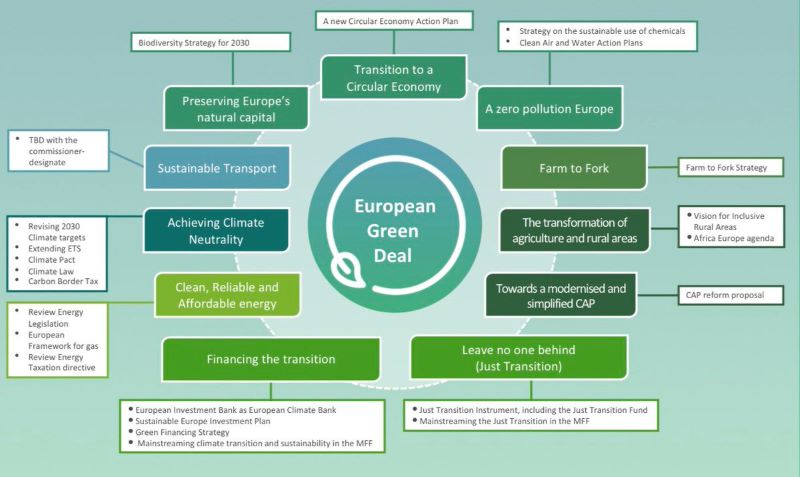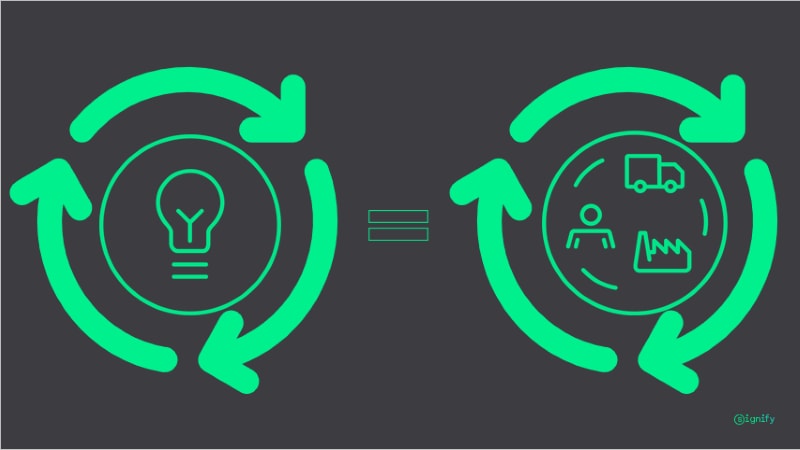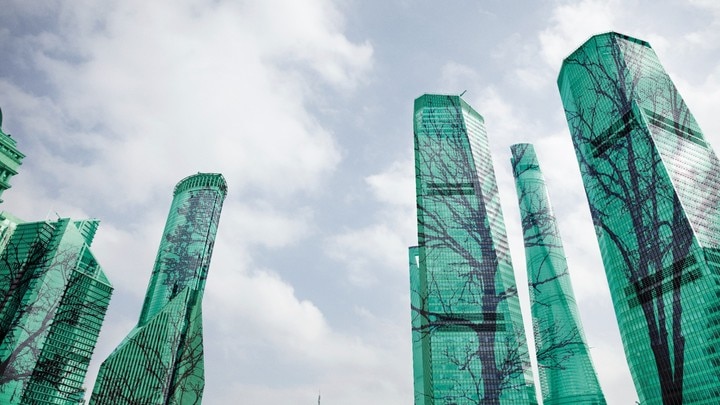January 17, 2020
With the Green Deal, Europe is taking on an unprecedented challenge, which also offers new opportunities. In it, Signify sees chances for big energy savings
On December 11, Frans Timmermans, the European Commission’s Climate Chief, launched the European Green Deal, Europe’s groundbreaking climate plan to make Europe the first climate neutral continent in the world by 2050.
A green future will unlock new markets and prospects for European businesses, high-skilled jobs in dynamic new industries for the workforce, and cleaner air and healthier lifestyles for citizens.
- Major energy savings, and
- Reducing CO2 emissions by using renewable energy sources, such as solar and wind energy
The first target, requiring CO2 emissions to be reduced by 55% (versus 1990 levels), must be met by 2030. Signify already makes a big contribution to this energy-saving objective and is committed to doing much more in the future.






